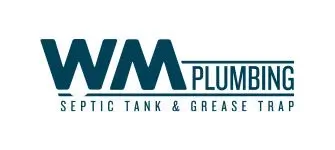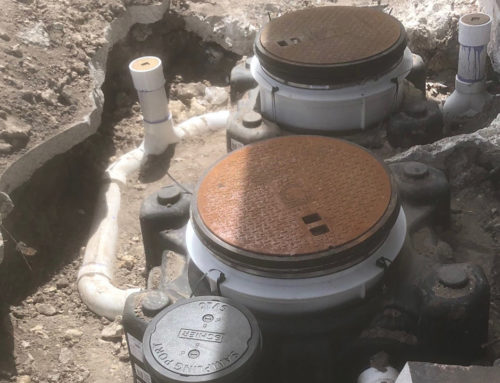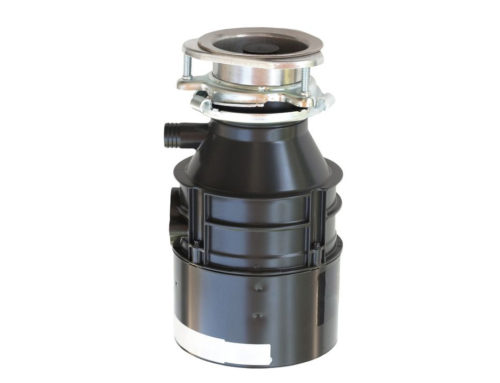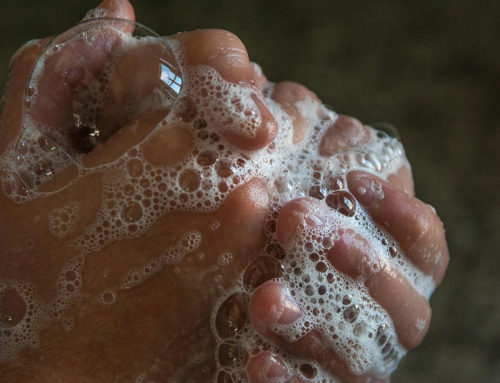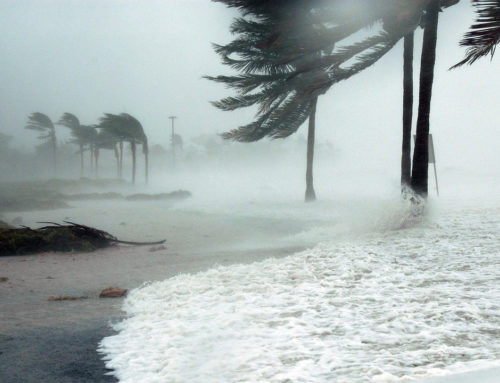Are Chemical Drain Cleaners Bad for Your Septic System?
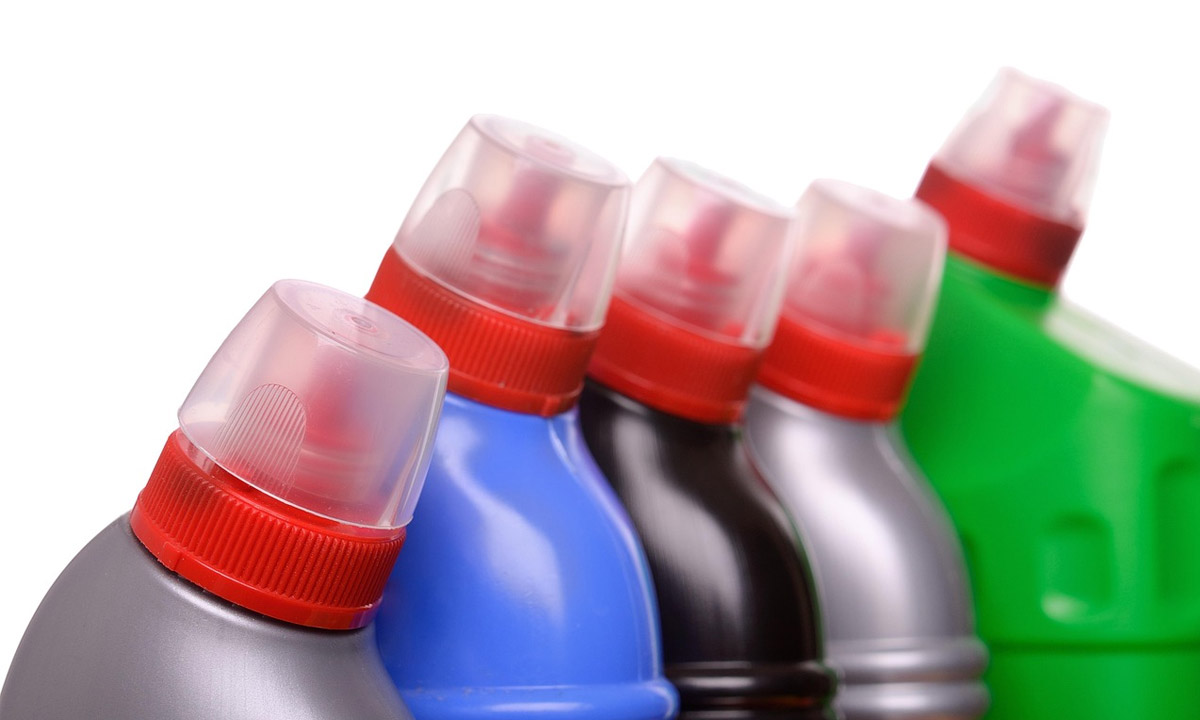
Chemical drain cleaners are a common household remedy for clogged drains. They promise quick and easy solutions to blockages caused by hair, grease, soap scum, and other debris. However, when it comes to homes with septic systems, using chemical drain cleaners can pose significant risks. Understanding these risks is essential to maintaining the health and efficiency of your septic system.
How Chemical Drain Cleaners Work
Chemical drain cleaners typically contain harsh chemicals like sodium hydroxide (lye), sulfuric acid, or bleach. These substances are designed to break down organic materials and dissolve clogs. While effective in clearing blockages, their aggressive nature can lead to unintended consequences, especially in septic systems.
The Impact on Septic Systems
A septic system relies on a delicate balance of bacteria and enzymes to break down waste. These microorganisms decompose organic matter, separating solids from liquids and allowing wastewater to be safely filtered back into the ground. Chemical drain cleaners can disrupt this balance in several ways:
- Killing Beneficial Bacteria: The chemicals in drain cleaners are not selective. They kill both harmful pathogens and the beneficial bacteria that are crucial for waste decomposition. Without these bacteria, solids can accumulate in the septic tank, leading to blockages and potential system failure.
- Corrosion and Damage: The harsh chemicals in drain cleaners can corrode pipes and septic system components, such as the tank and distribution box. Over time, this corrosion can weaken the system, leading to costly repairs or replacements.
- Environmental Concerns: When chemical-laden wastewater is released into the drain field, it can harm the surrounding soil and groundwater. This contamination poses risks to the environment and public health.
Long-Term Consequences
Using chemical drain cleaners in a septic system can result in significant long-term consequences. A disrupted bacterial ecosystem may take weeks or months to recover, during which the system operates inefficiently. Frequent use of chemical cleaners can also accelerate the wear and tear on septic components, reducing their lifespan and increasing maintenance costs. In severe cases, system failure may occur, necessitating an expensive and time-consuming replacement.
Safer Alternatives
Fortunately, there are safer and more sustainable alternatives to chemical drain cleaners:
- Mechanical Methods: Use a plunger or a drain snake to manually remove clogs. These tools are effective and pose no risk to your septic system.
- Biological Cleaners: Enzyme-based or bacterial drain cleaners are specifically designed to be septic-safe. They help break down organic matter without harming the beneficial bacteria in your system.
- Preventative Maintenance: Regularly clean your drains and avoid flushing non-biodegradable items, grease, or excessive food scraps down the sink. Installing drain screens can also prevent debris from entering your pipes.
- Professional Assistance: For stubborn clogs, consider hiring a licensed plumber who can assess and resolve the issue without jeopardizing your septic system.
While chemical drain cleaners may offer a quick fix for clogged drains, their use can have detrimental effects on septic systems. The disruption of bacterial balance, potential corrosion, and environmental risks make them a poor choice for homes relying on septic systems. Opting for safer alternatives and practicing regular maintenance can keep your drains clear and your septic system functioning efficiently. Investing in proper care not only protects your home but also supports a healthier environment.
